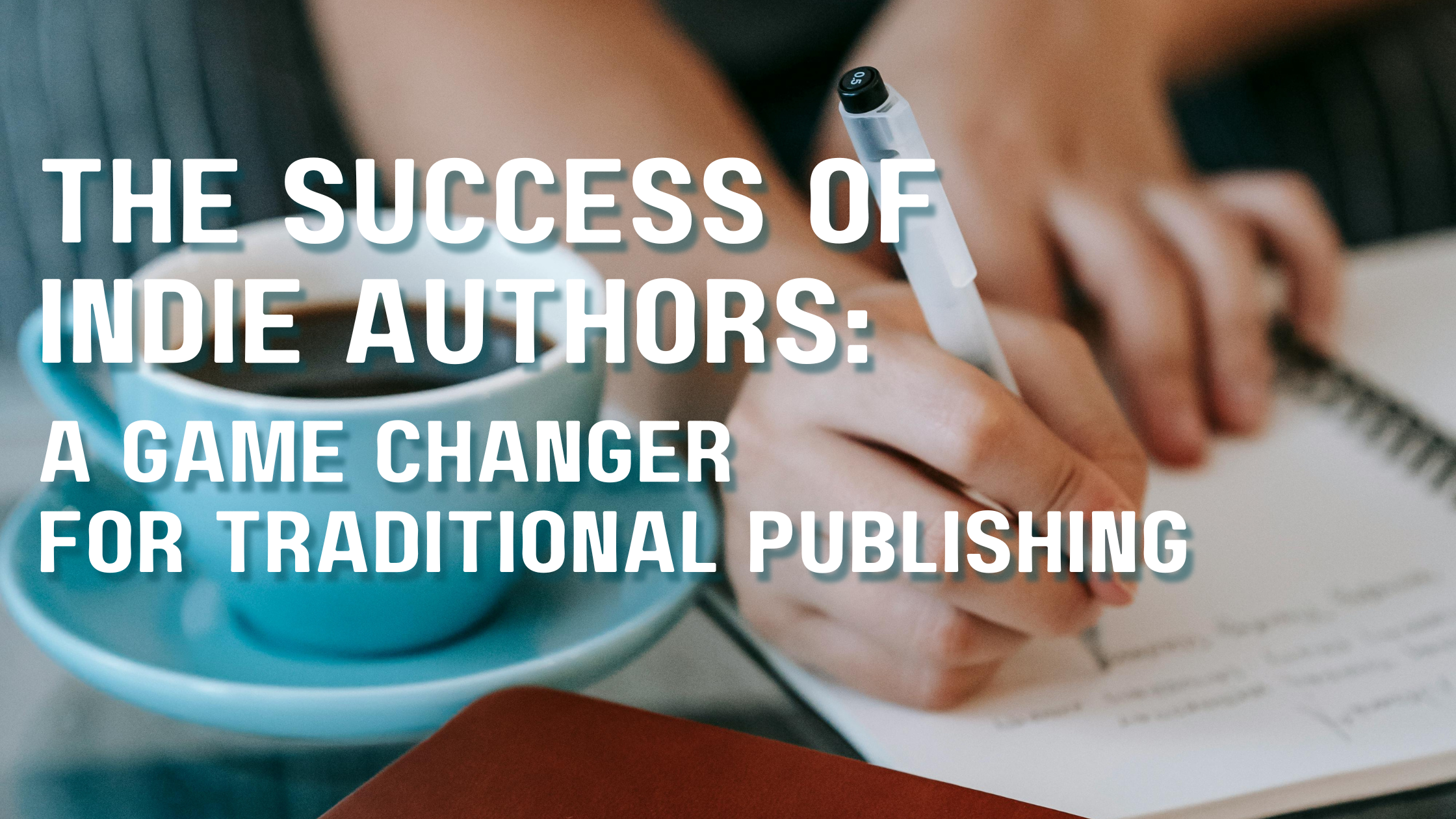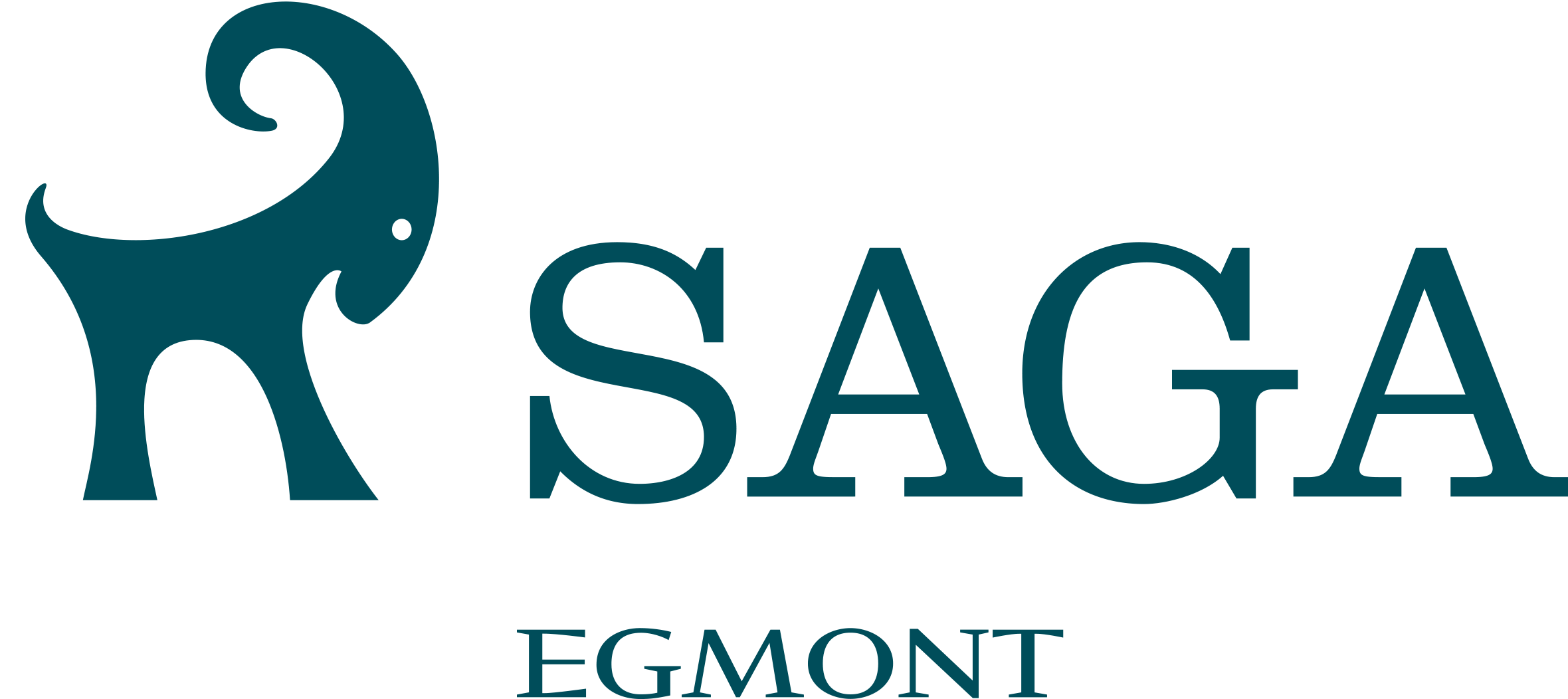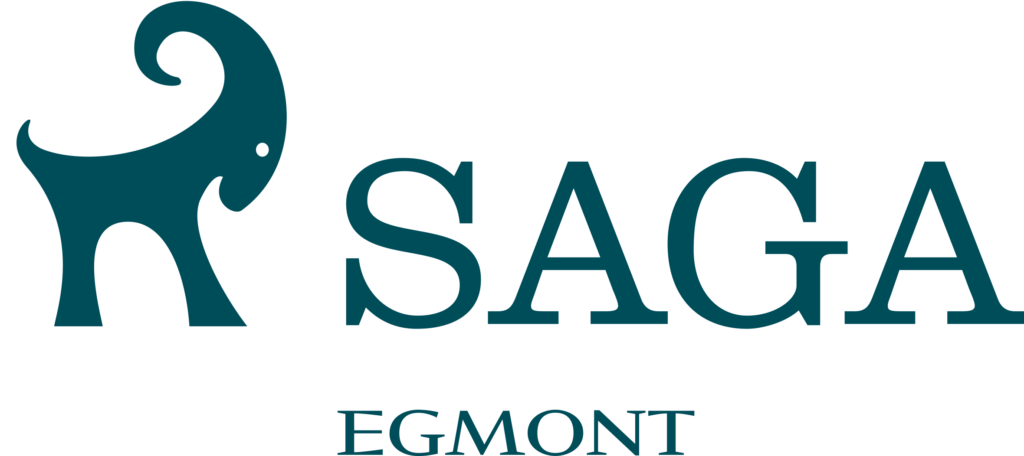The Success of Indie Authors: A Game Changer for Traditional Publishing

For more than a decade, the share of self-published works on the market has been growing compared to traditionally published works. The Internet was a true revolution in many aspects; and one that didn’t spare the editing world. It was a crucial tool to weaving a direct link between authors and readers, allowing indie authors to bypass traditional publishing routes… Most of the time. But what happens when the two collaborate?
What the magazine The Bookseller qualifies as a “golden age of self-publishing” is observable in numbers. A recent report by Bowker revealed that the number of self-published titles with ISBNs have more than doubled within the past decade, growing by 7.2% in 2023 alone to over 2.6 million. Even more than that, a third of all books sold in the US are self-published.
And Kindle Direct Publishing, one of the big names of the self-publishing industry, reports global sales of 378 million DKK (or 50,7 million euros) for the month of February 2025 alone. Not only is there a growing supply of self-published books, indie authors are also well and truly gaining recognition and commercial success, as readers keep asking for more.
Many household author names have once been – and sometimes keep on being – self-published authors. The list is long and very varied; with often cited names going from Collen Hoover (who still self-publishes some of her titles) to E.L. James (Fifty Shades of Grey), from Christopher Paolini (Eragon) to Andy Weir (The Martian) – even Margaret Atwood, author of The Handmaid’s Tale, started out as an independent author.
But more than that, there are so many indie authors who are making a living out of their craft but whose name aren’t as well-known. A survey by the Alliance of Independent Authors reveals that in 2024, 44% of their respondents’ yearly revenue was over 20k USD, with 28% earning more than 50k USD.
The Power of Collaboration
While this self-publishing boom might suggest that traditional publishing houses are losing relevance, this is far from the case.

First of all, because not every author wants to be self-published. Fully publishing a title on one’s own requires authors to be jack-of-all trades, and wear many different hats: from editor to graphic designer to marketer.
To fully self-publish a book (and, even more, to make a living out of it) is often a heavy and time-consuming burden for authors, who may not have the capacity for it, or who simply don’t want to take that route.
In order to counteract this burden, some indie authors chose to delegate some tasks, to freelancers for example, but at an often very high financial investment that traditionally published authors do not have to match.
But traditional publishing houses have adapted to the demand from indie authors, and the last few years has seen the rise in alternative publishing models and collaborative solutions. Essentially, these are models where publishers and authors collaborate on a title – for instance by sharing the financial load of book production, or on editorial work.
Many authors have also been known to let publishing houses take care of their titles in new formats, such as audiobooks or paperbacks, while they are fully self-publishing the eBook of their title.
These alternative publishing models often work in favour of promoting titles, as the authors can keep the creative control over their work, but benefit from the expertise and network of well-established publishing houses.
Saga Storify’s Rising Success
Saga Storify, an imprint of Saga Egmont, offers an alternative publishing model for self-publishers. By assuming all production costs, using the publishers expertise and network of audiobook retailers, while authors remain in charge of the creative direction of their title, Storify guarantees a balance between support and independence that has led to notable success stories.

French author Sébastien Theveny, for example, has very recently gained further recognition when his book “La Disparition de Veronika Lake” was nominated for the crime category of the prestigious Grand Prix du Livre Audio. This nomination put his work next to audiobooks published by traditional publishing houses.


Similarly, German author Krinke Rehberg’s “Syltkrimi” series, published through Saga Storify Germany, is hugely successful, having sold over 100,000 audiobook copies since its 2023 release.
These accomplishments highlight the potential of collaborations with platforms like Saga Storify in elevating independent authors to compete alongside established names in the industry.
Taken together, all these facts paint a clear picture. The rise of indie authors, the growth of alternative publishing models: they go to show that the publishing industry is not a zero-sum game. Instead, it is an ecosystem where various stakeholders can collaborate and thrive. By joining forces, indie authors and traditional publishing houses can create a more diverse and dynamic literary landscape, fostering innovation and driving the industry forward.
About Saga Storify & Saga Egmont
Saga Storify is an imprint of Saga Egmont, that gives indie authors access to audiobook publishing. Saga Egmont is a European, Copenhagen-based publishing house and foundation. To know more about Saga Egmont, click here. And to know more about our most recent author collaborations, click here.




